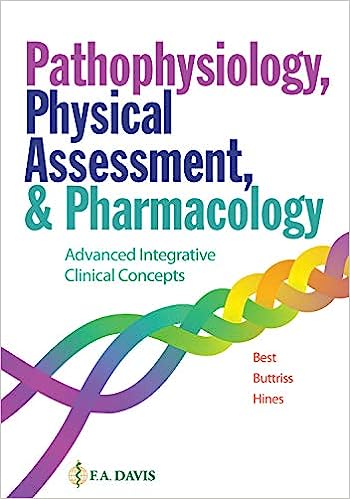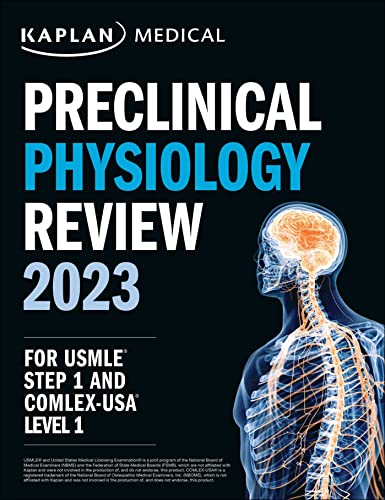OnExamination MRCPsych Part B (Updated Feb 2023) (PDF Book)
Revise with us to pass your MRCPsych Part B Exam
Maximize your revision time with over 270+ questions focusing on the core areas. Our comprehensive package includes over 220 ‘best answer’ MCQs and over 50 extended matching questions.
Get quality questions and detailed explanations for effective revision
Demo Question: You are asked to prepare a Court report on a 25-year-old patient with a mild learning disability who has allegedly committed an act of arson while being reckless. Counsel asks you to comment on whether the patient is ‘mute of malice’. Which of the following best describes the term ‘mute of malice’?
- The defendant is unable to speak due to some physical or psychological defect
- The defendant meant no harm through his actions
- The defendant is wilfully choosing not to speak
- The defendant suffers from a disease of the mind
- The defendant would not have known that his actions were legally wrong
Key Learning Point: ‘Mute of malice’ refers to a defendant who wilfully chooses not to speak.
Explanation: The term ‘mute of malice’ refers to a defendant who is wilfully choosing not to speak rather than one who is unable to speak due to physical or psychological reasons. In the UK legal system, mute of malice is one of the three special pleas, along with autrefois acquit and autrefois convict (previously acquitted and previously convicted, respectively). In cases where the defendant is suspected of being mute of malice, a pre-trial hearing is conducted to determine the matter. If found to be so, a not guilty plea may be entered on the defendant’s behalf. It is important to differentiate mute of malice from the defense of Not Guilty by Reason of Insanity (NGRI) where the defendant shows a ‘defect of reason, caused by disease of the mind, so as not to know the nature of the act, or if they did know it, to not know that it was legally wrong.’ Whether the defendant intended to harm others is considered based on the specific charge.












